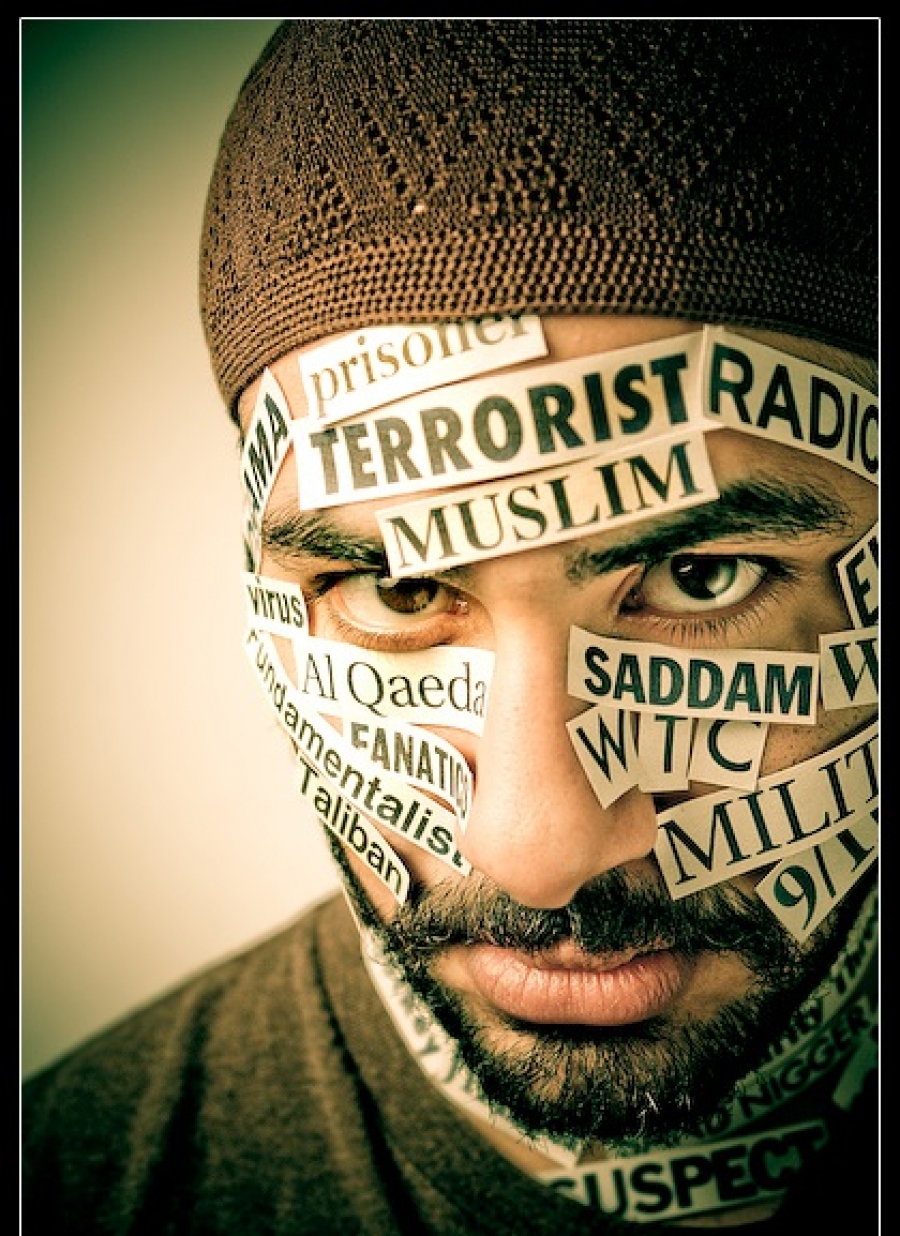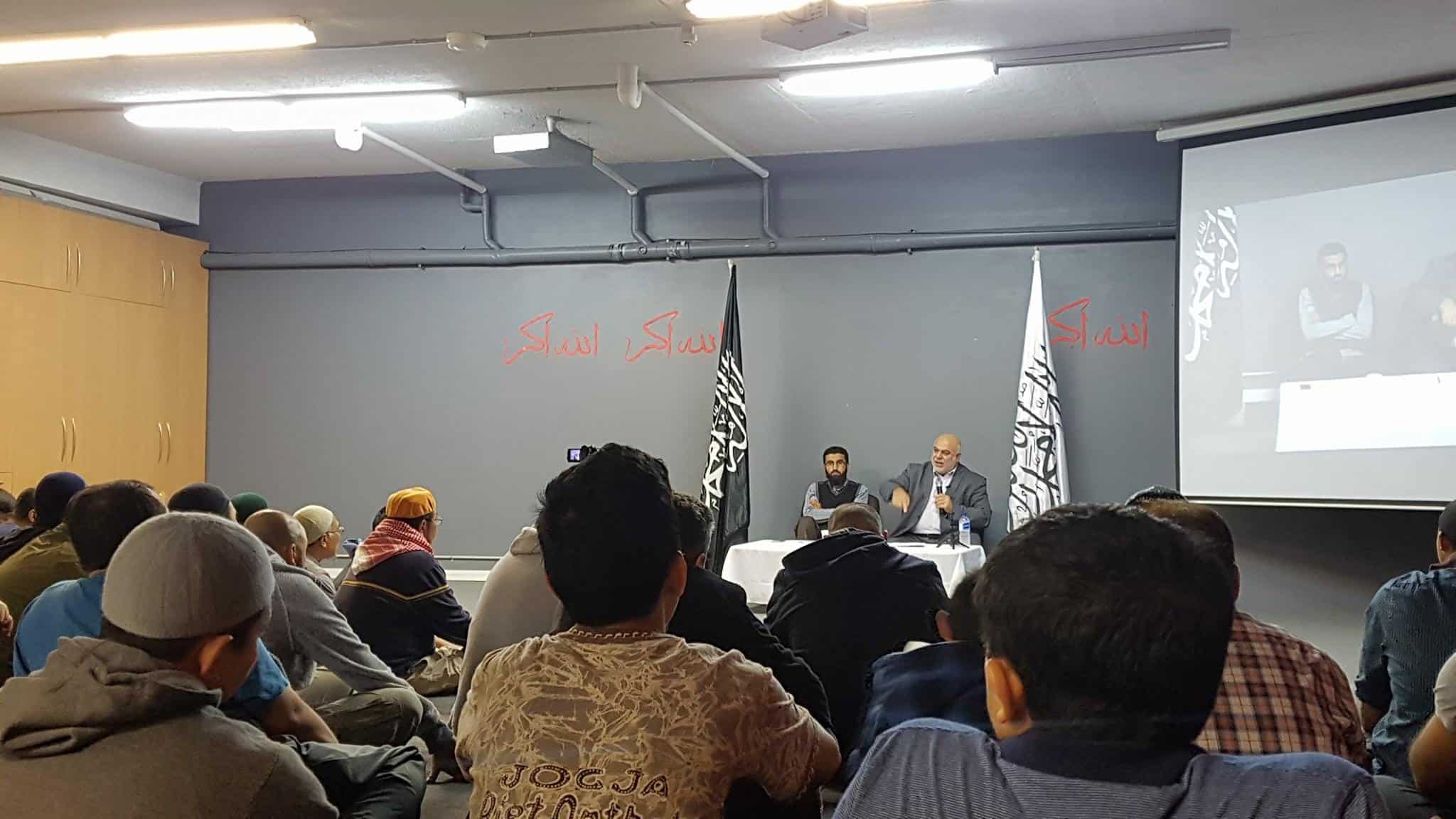The case of a 26-yr old Muslim man marrying a 12-yr old girl reported last week has attracted much attention from media and commentators as well as responses from within the Muslim community. The case, as reported, involves a 26-yr old Lebanese man marrying a 12-yr old girl by mutual choice and consent and the consent of her father. Police have arrested both father and husband and the girl is being held against her will in foster ‘care’ by the Department of Family and Community services.
Hizb ut-Tahrir Australia emphasises the following points, in this regard, for the community:
1. We should not jump to conclusions about cases of this nature before the facts are established. Media reports, it should go without saying, are not conclusive sources in this respect. While the broad facts may be true, answers to key questions about consent, possible coercion, the maturity of the girl, the intent of the brother, and the like, which would determine the moral acceptability of the incident or otherwise, are unclear. In such a case jumping to conclusions based on assumptions is not justified.
2. A clear distinction need be drawn between the secular ‘law of the land’ and Islamic Law (Sharia). The former is not a basis for moral judgments. Something being illegal according to western law does not make it immoral. Further, the secular law does not stand, in any way, in judgment of Islamic Law. It does not, in any way, qualify or change it. It cannot permit what Allah prohibits or prohibit what Allah permits. Sovereignty is for Allah, not the law of any land.
This does not mean that we have an open pass to break the law of the land, but the distinction between the two laws needs to be very clear in our minds. Fundamentally, this is a creedal issue. We derive our morals, values and laws from Islam. As for anyone who breaks the secular law, he is responsible for his actions and that law will deal with him according to its precepts.
3. The welfare of our daughters is of utmost importance and a serious responsibility on fathers and brothers, particularly with respect to their marriage. It may well be deemed by fathers or imams that given modern realities girls should not be married before they reach a certain age, notwithstanding Sharia permissibility for them to marry on reaching puberty. This is perfectly fine. However, this cannot be imposed universally and neither can the Sharia permissibility be generally prohibited. We must distinguish here between the application of the law and changing it.
4. Media reaction and commentary on this matter is predictable. As is the case with all matters Islamic or Muslim the reporting is sensational and ideologically antagonistic. Criticism on this case – whatever the reality of it as morally acceptable or otherwise – is based in the same racist, Islamophobic narrative in which criticism of the hijab, niqab, halal food, polygyny and so many Islamic beliefs and practices are the subject of mindless attacks and sensational innuendo. In this case, it is the sacred institution of marriage that is being denigrated by disingenuously linking it to sexual deviancy and child abuse.
We should be clear that western secular liberal values do not represent a higher morality and the West is in no position to lecture Muslims on morals or values. On the contrary, the laws in modern secular democracies like Australia are riddled with subjective provisions that are patently wrong. Sexual relationships among ‘minors’ (as young as 10 in some states) are legally sanctioned whilst marriage is not. Extra-marital relations among adults are legally accepted, but polygamy is a crime. The minimum age of marriage is subjectively determined and differs from country to country and even state to state.
Some may be surprised to know that had the present case occurred only a few hundred kilometres to the south the accused would not be liable to any sexual offences, given relevant exceptions made in the Victorian legislation (Crime Act 1958 S.45(3)), which happen not exist in its NSW equivalent! This reveals the ridiculous nature of the law on these types of matters and, in turn, of those making moral judgments on its basis.
5. The approach of jumping to condemn the alleged or proved wrong actions of Muslims is unjustified, defensive and counter-productive. The intent may well be to defend the image of Islam but this approach ends up entrenching the very narrative by which Islam and Muslims are attacked. Instead, we should adopt a more assertive approach of interrogating the criticism and underlying narrative and exposing it for what it is.
It is extremely disappointing that the same voices that rush to condemn actions of individual Muslims and express moral outrage have nothing to offer, except a deafening silence, when Muslims are institutionallywronged – the cases of Yusuf and Amira, Allah have mercy on them, and the broader crackdown of Muslims with respect to Syria being of the most recent examples.
Media Office
Hizb ut-Tahrir Australia
13 February 2014
![]()















